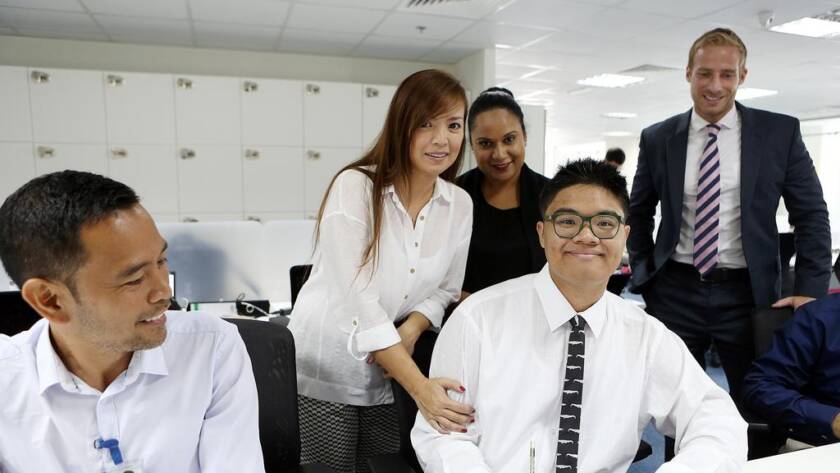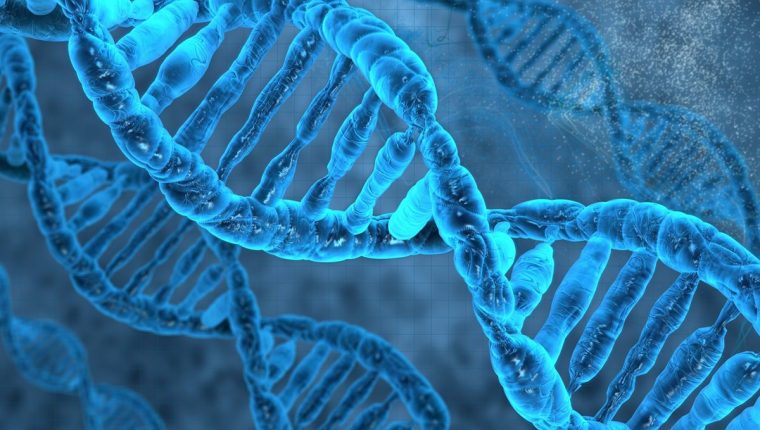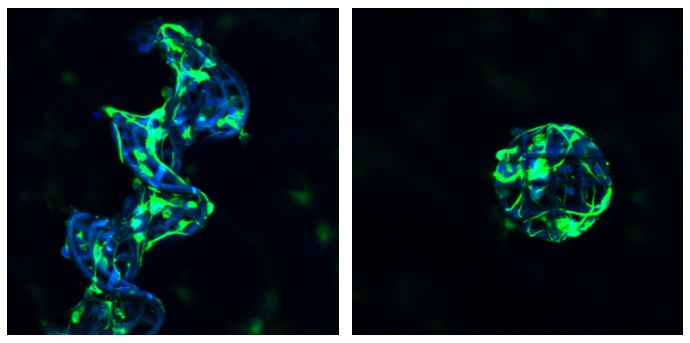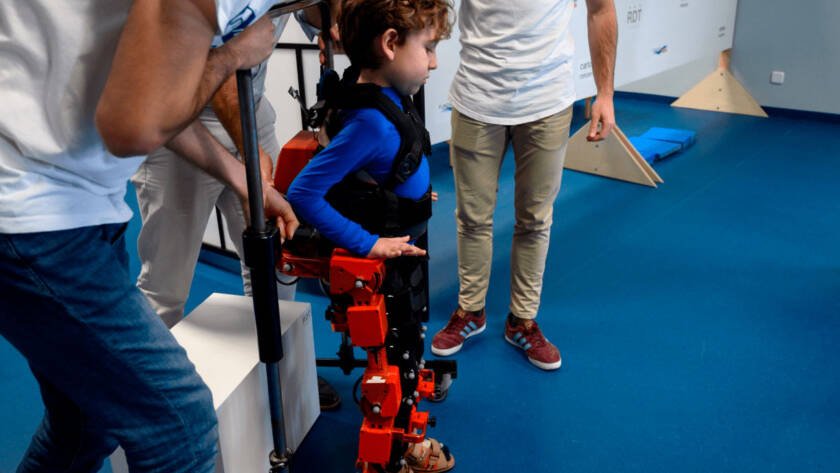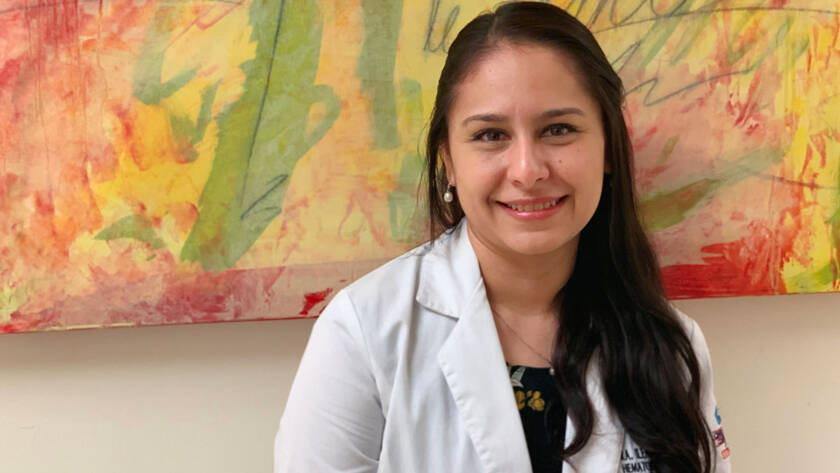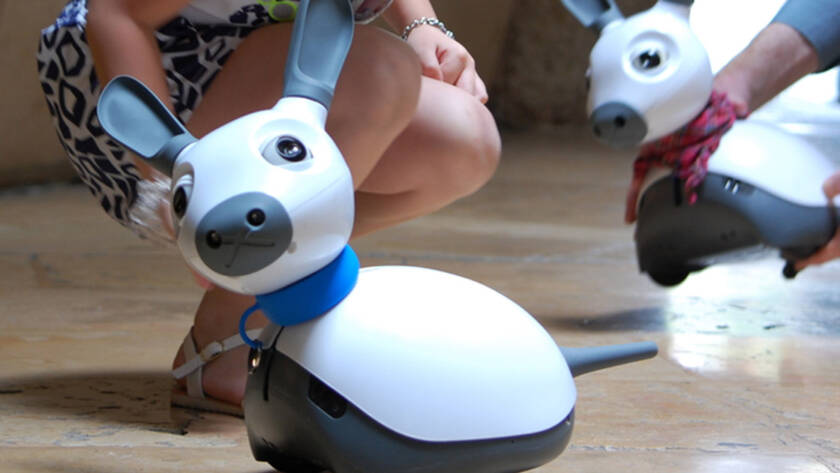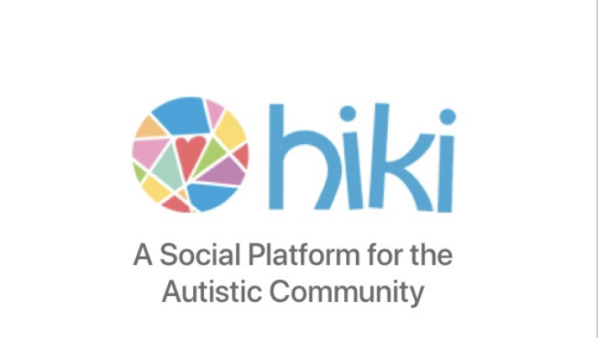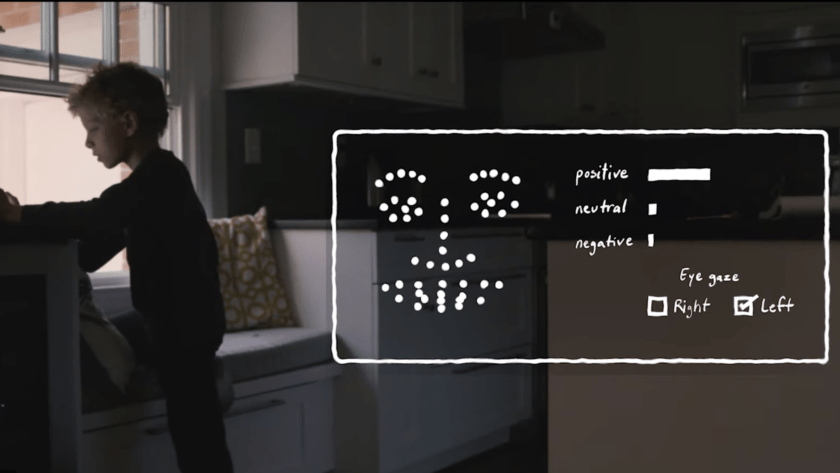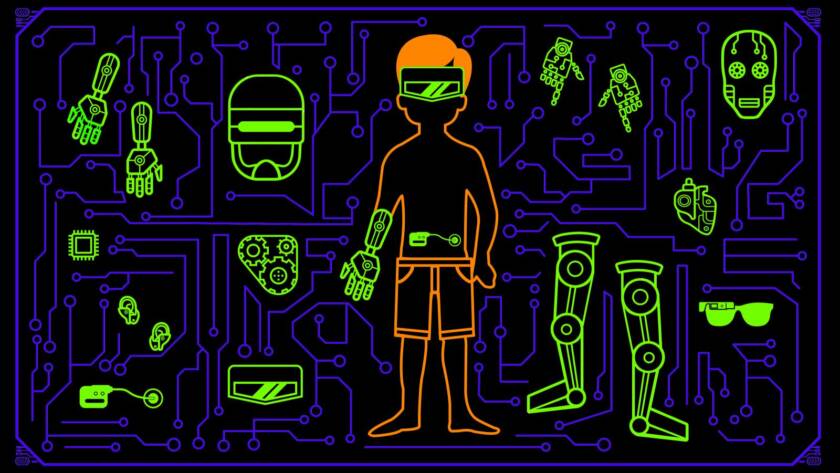A recent article published at the Journal of Autism and Developmental Disorders, by Yael Goldfarb, Eynat Gal (Department of Occupational Therapy, University of Haifa, Haifa, Israel) and Ofer Golan (Department of Psychology, Bar-Ilan University, Ramat-Gan, Israel) notes that, for persons with autism spectrum disorder (ASD), successfully having a job “poses a central challenge upon entering adulthood”, since employment…
